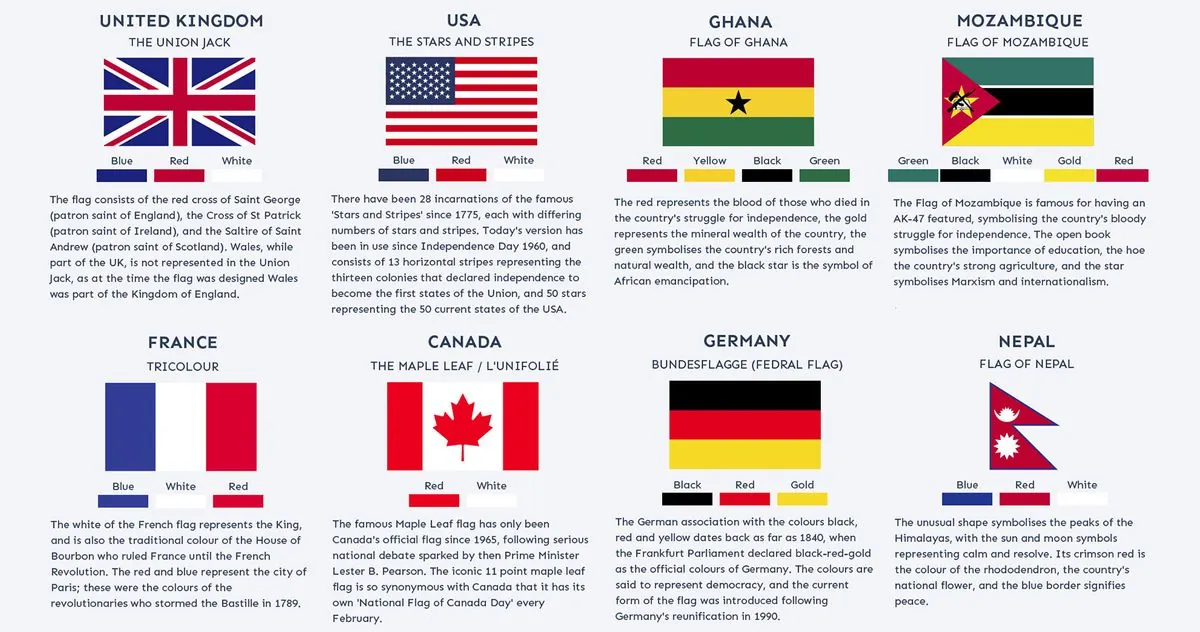UK Economy Outperforms Germany: A Tale of Two European Powers
Recent economic data reveals unexpected growth in the UK, while Germany struggles with stagnation. Despite challenges, Britain shows resilience as Europe's largest economy grapples with structural issues.

In an unexpected turn of events, the UK economy has been outperforming its German counterpart, defying predictions and challenging conventional wisdom. This situation presents a stark contrast to the narrative often portrayed by British officials, particularly the newly appointed Chancellor, Rachel Reeves.
Recent economic data paints a surprising picture. In the first quarter of 2024, the UK recorded a growth of 0.7%, while Germany barely escaped recession with a mere 0.2% increase. The second quarter saw the UK maintain its momentum with a 0.6% growth, whereas Germany's economy contracted.
Forward-looking indicators further emphasize this divergence. The S&P Global Flash PMI composite output index for August 2024 showed a healthy 53.4 for the UK, indicating expansion, while Germany's reading slumped to 48.5, signaling contraction. Similarly, the GfK consumer confidence index reflects a more optimistic outlook in Britain compared to Germany.

Despite these positive indicators, Rachel Reeves continues to emphasize the challenges facing the UK economy, particularly regarding public finances. The national debt has swelled to nearly 100% of GDP, a figure that cannot be ignored. However, when compared to Germany's current economic struggles, the UK's situation appears less dire.
Germany, long considered Europe's economic powerhouse, is grappling with several structural issues. These include poor business investment levels, excessive bureaucracy, and an aging demographic. The country's traditional strengths, such as its export-oriented economy and renowned Mittelstand of small and medium-sized enterprises, are now facing significant headwinds in a changing global landscape.
"We are facing unprecedented challenges, but I am confident in the resilience of the German economy."
The transition from internal combustion engines to electric vehicles has particularly impacted Germany's automotive industry, a cornerstone of its economy. Additionally, the country's heavy reliance on Russian energy supplies has left it vulnerable in the wake of geopolitical tensions.
While Germany's public finances remain robust, offering potential for fiscal stimulus, the country faces unique challenges in implementing such measures. Cultural factors, such as a propensity to save rather than spend, and self-imposed debt brake rules limit the effectiveness of traditional economic stimuli.
The contrast between the two economies highlights the importance of flexibility and adaptability in today's rapidly changing global environment. The UK, despite its challenges, appears better positioned to navigate these shifts, while Germany struggles to break free from its established economic model.
As Germany grapples with these issues, there is an €80 billion backlog of infrastructure projects held up by logistical and planning constraints. This situation exemplifies the broader challenges facing the country as it attempts to modernize and adapt.
In conclusion, while the UK faces its own set of economic challenges, its current performance relative to Germany suggests a degree of resilience and adaptability. Germany, on the other hand, must confront its structural issues to regain its economic footing. As the saying goes in German, "So ist das Leben" (that's life), but for Germany, accepting the status quo may no longer be an option.


































